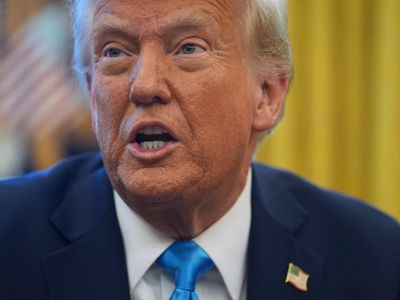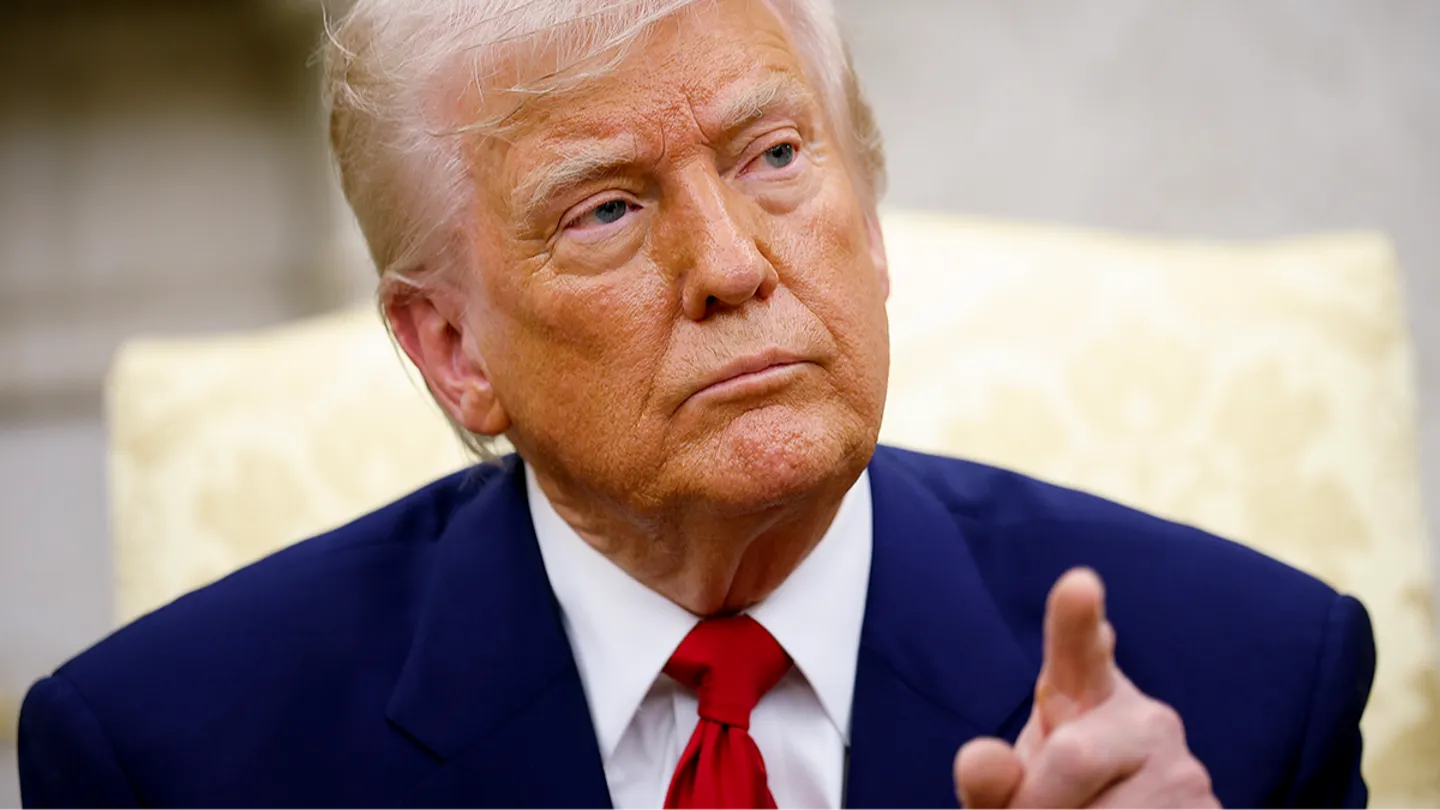Trump risks it all, takes on the world with tariffs and puts America first
Many people feel upset with Donald Trump. He continues to take away benefits; our NATO partners feel frustrated they must contribute more to their defense, DOGE cuts tax money flowing improperly to Democrats, and the president's tariff attack has shown trade imbalances that help everyone except the United States.
Trump has not just disturbed things – he has completely destroyed the status quo. He puts American interests first and stands as the only president willing to risk his political career for blue-collar families. He deserves praise for this stance.
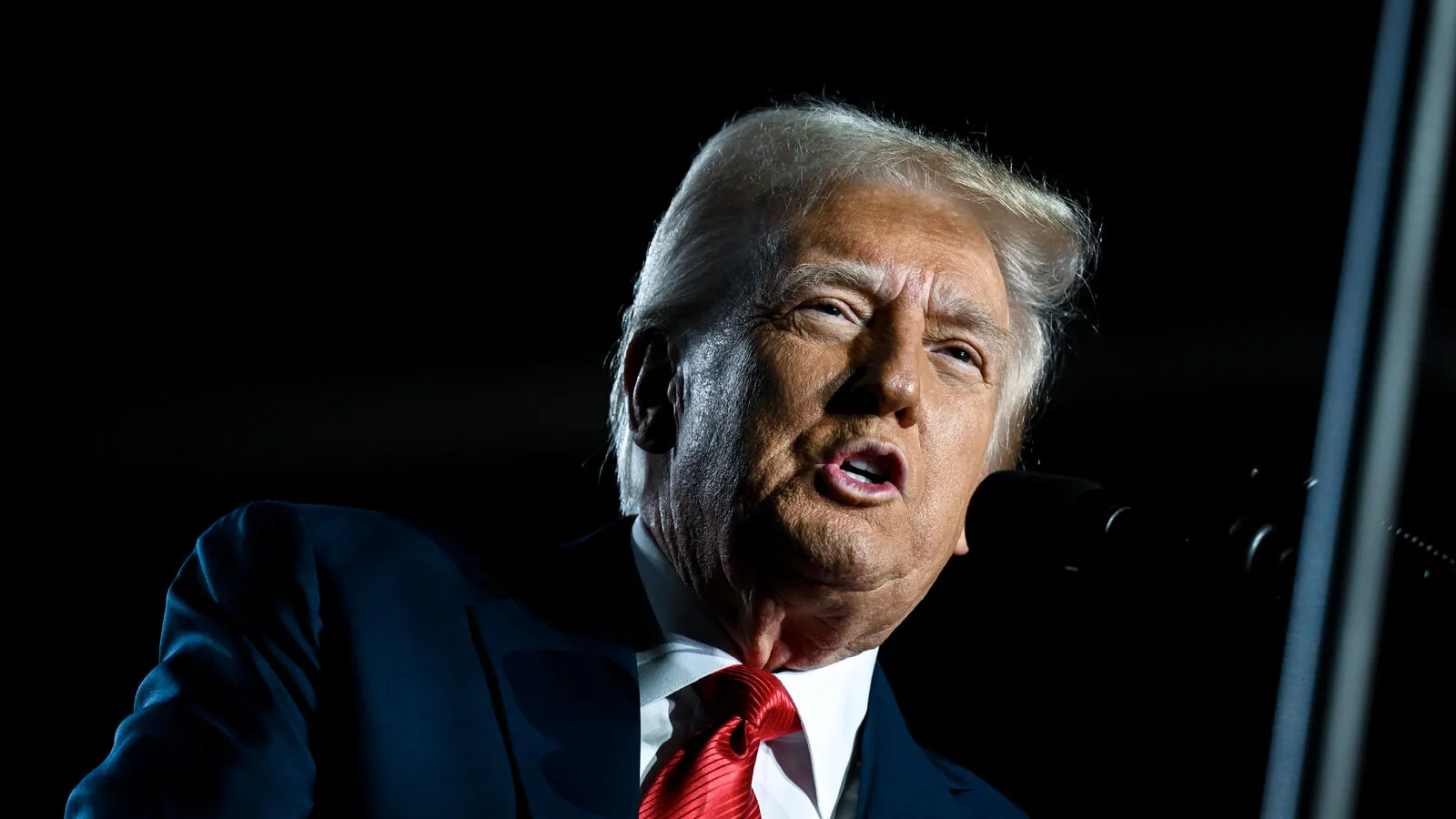
Here is a clear fact: with $37 trillion in national debt, up from $23 trillion in 2019, the United States can no longer serve as the world's financial supporter.
For years, Western allies depended on America for protection against hostile governments while they invested in their citizens, creating expensive welfare systems including free healthcare and good pensions. During his first term, Trump criticized countries like Germany that consistently failed to meet their NATO commitment to spend 2% of GDP on defense.
Europeans felt shocked, as they often do by direct American communication. Gradually and reluctantly, they increased their spending; the Ukraine conflict showed the need for greater independence, as did additional pressure from President Trump. This change was necessary.
In the United States, the DOGE team reveals billions in wasteful government expenses and tax dollars sent to innocent-looking NGOs that channel funds to Democrat-aligned activist groups. DOGE also promises to update our outdated federal government, which deserves support.
Now, regarding tariffs: Donald Trump has complained about unfair treatment from trading partners for decades. Because of him, the country's perspective on trade agreements changed ten years ago. Democrats supported these deals until Hillary Clinton ran against Trump in 2016, even as manufacturing jobs in the U.S. decreased from almost 20 million in 1979 to only 12 million.
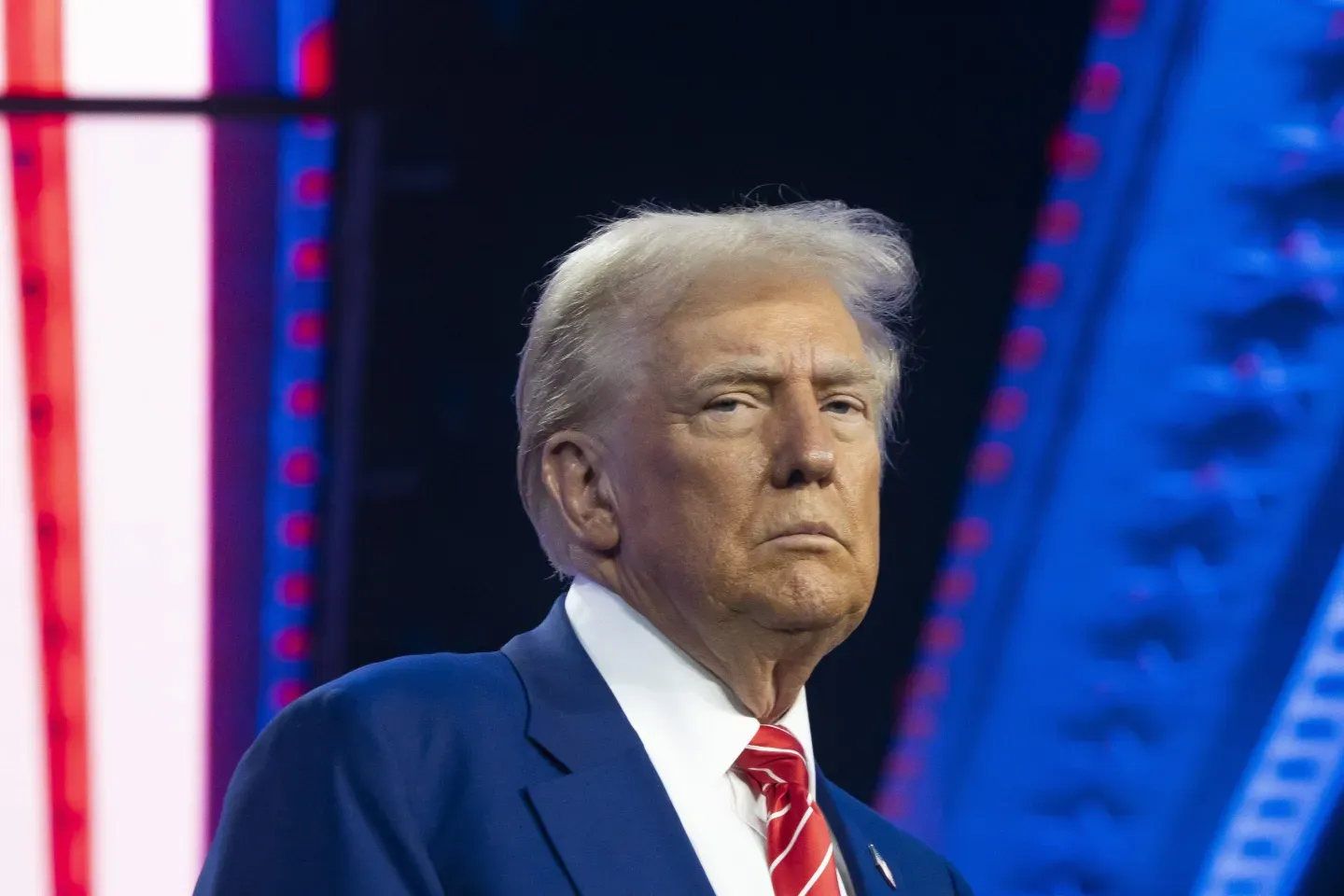
Donald Trump puts American interests first and stands as the only president willing to risk his political career for blue-collar families. He deserves praise for this stance.
At this time, the trade agreement under review was the Trans-Pacific Partnership, involving 11 Pacific Rim nations and backed by the Obama administration, where Hillary Clinton worked as Secretary of State. Politico noted in 2016, "Clinton praised the Trans-Pacific Partnership before she opposed it;" even left-leaning Politico described Clinton's opposition to the deal as a "campaign stance." The New York Times stated that the TPP became "a representation of failed globalism and American job losses overseas." Trump officially abandoned the trade agreement on his first day in office.
Trump believes that trade agreements like the TPP and the original North American Trade Agreement (enacted by Bill Clinton moved millions of jobs to low-wage countries like Mexico and China In 2016, he campaigned on renegotiating these deals; while in office, one of his major achievements was establishing the USMTA, a new agreement with Mexico and Canada that Vox described as "better for workers than NAFTA was."
Now, in his second term, President Trump aims to go further in revising our trade arrangements. He wants to bring manufacturing back to the U.S., and has announced severe tariffs to achieve this goal. Markets have dropped as investors and business leaders calculate the impact of Trump's actions.
The tariffs, particularly their calculation method, face criticism. While demanding equal tariffs seems reasonable – why should the EU charge 10% duty on U.S.-made cars while we tax them only 2.5%? – basing the fee on our trade deficit with each country does not appear logical.
Recently, many countries have requested to negotiate better terms. This makes sense since the U.S. remains the world's largest consumer market. We hold the advantage; Trump must use it effectively.
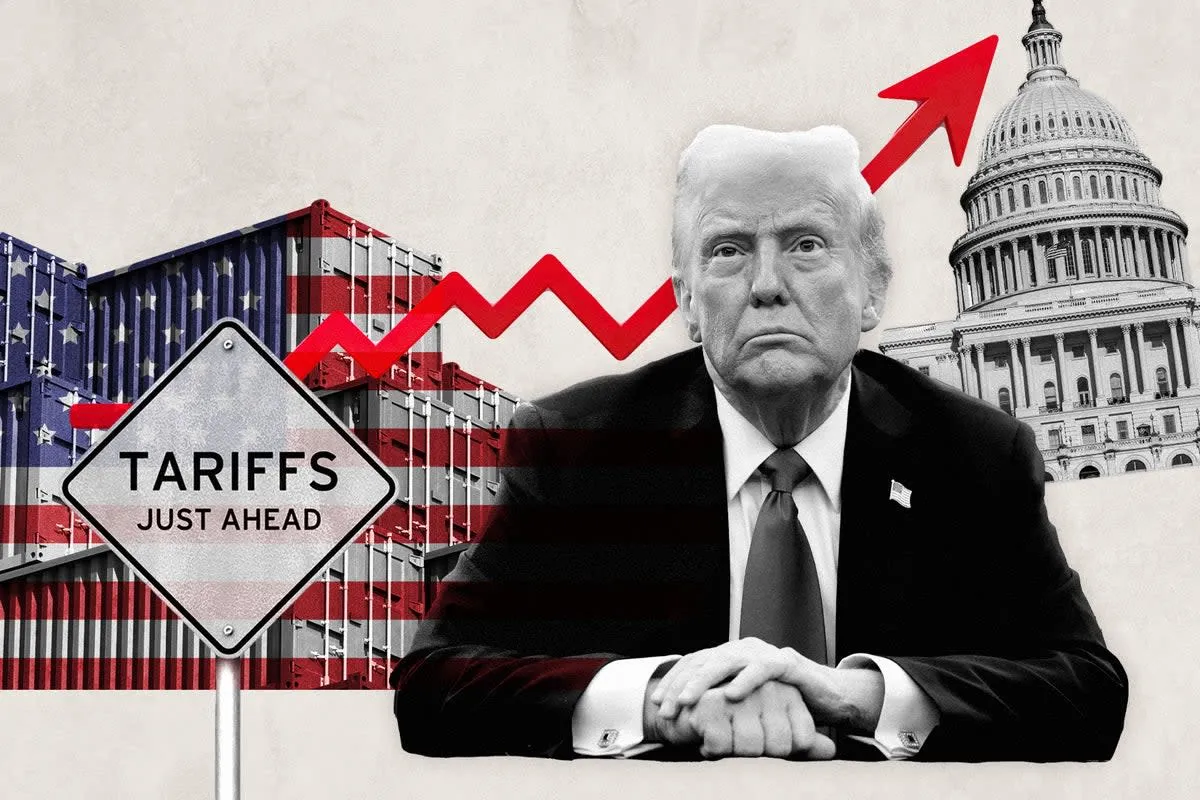
Unfortunately, White House Trade Advisor Peter Navarro appeared on television Monday to reject Vietnam's offer for zero tariffs, requiring additional concessions to address "nontariff cheating." He referred to "Chinese products routed through Vietnam, intellectual property theft and a value-added tax." These are valid concerns, but Navarro's comments disappointed those hoping Trump would soon announce agreements to reduce tariffs and stabilize markets.
President Trump has a reputation as a skilled negotiator. In his book "Art of the Deal," he explains the benefit of starting with an extreme demand, allowing room for compromise. This appears to be his current strategy.
The White House faces pressure to gain public support.
Trump's agenda, including the extension of the 2017 tax cuts, might face risk if voters lose faith and if Republicans lose Congress in the midterms. Their various justifications for tariffs – correcting unfair practices that hurt American workers, generating income and returning manufacturing to US soil - all make sense. For people who question the necessity to rebuild US manufacturing, they should think about the national security issues of having a nation that mainly produces entertainment and financial services. Films and stock offerings cannot win conflicts. Trump is correct – we need to produce steel, ships and weapons.
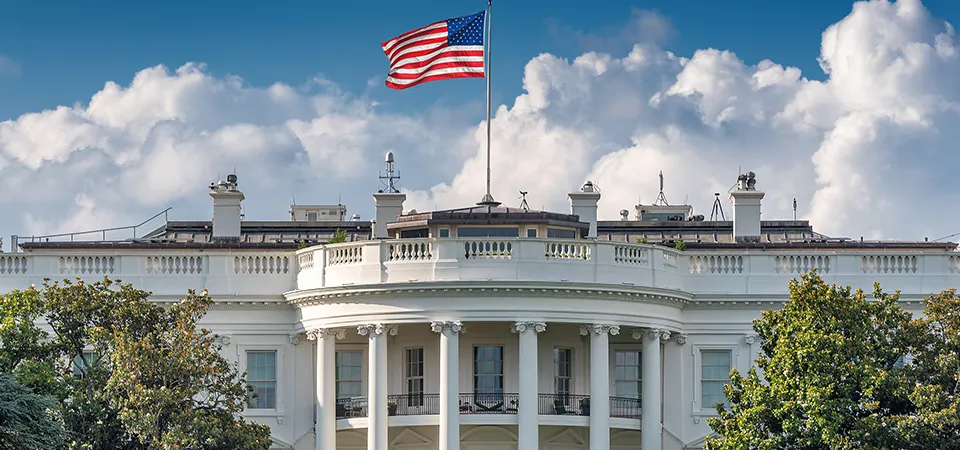
Treasury Secretary Scott Bessent endorsed the president's tariffs during the weekend, telling Tucker Carlson: "I have a high confidence ratio, it's going to work."
He also stated: "Summer of 2024, Americans took more European vacations than they had in history. Summer of 2024, more Americans were using food banks than they ever have in history."
This statement reveals much about our divided economy; too many Americans struggle to make ends meet. We should hope that Trump's tariffs create positive change.
